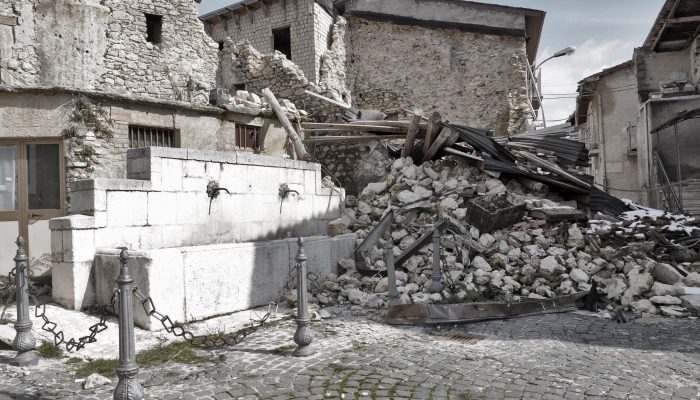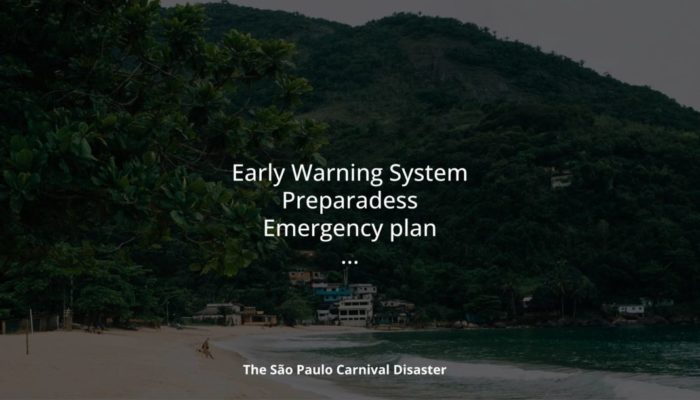In February 2023, Brazil experienced its largest rainfall event on record, which devastated the northern coast of the state of São Paulo. This event caused landslides, floods, and numerous fatalities, making it even more tragic than previous disasters in the region, which already have been elaborated on in another blog post. The situation highlights the urgent need for effective emergency manageme ...[Read More]
Understanding and assessing hydrological extremes, a discussion with Alberto Viglione
Extreme hydrological events affect billions of people worldwide, and their negative impacts will likely increase due to climate change, urbanisation and ageing infrastructure. Further understanding of hydrological extremes and societal responses to floods is critical in mitigating flood risk and creating better urban environments. In today’s interview, we talk with Prof. Alberto Viglione. Al ...[Read More]
Let’s begin the recovery before the disaster

Every natural event that causes damage to the built environment must be followed by recovery; however, this phase of disaster risk management has received less attention from academics than the others [1]. In all its aspects, disaster recovery has remained a contentious topic, with experts debating its definition, approaches, objectives, activities, and even when it should begin and finish [2–4]. ...[Read More]
Building a risk-aware culture
Mahatma Gandhi once said, “The future depends on what you do today”. In the past months, we have witnessed extreme weather events, wildfires, earthquakes, and volcanic activity in different parts of the world. Although this activity is ordinary for a living planet like Earth, it can disturb the modern way of living and put people at risk. Even for the events that can be predicted with a higher deg ...[Read More]



